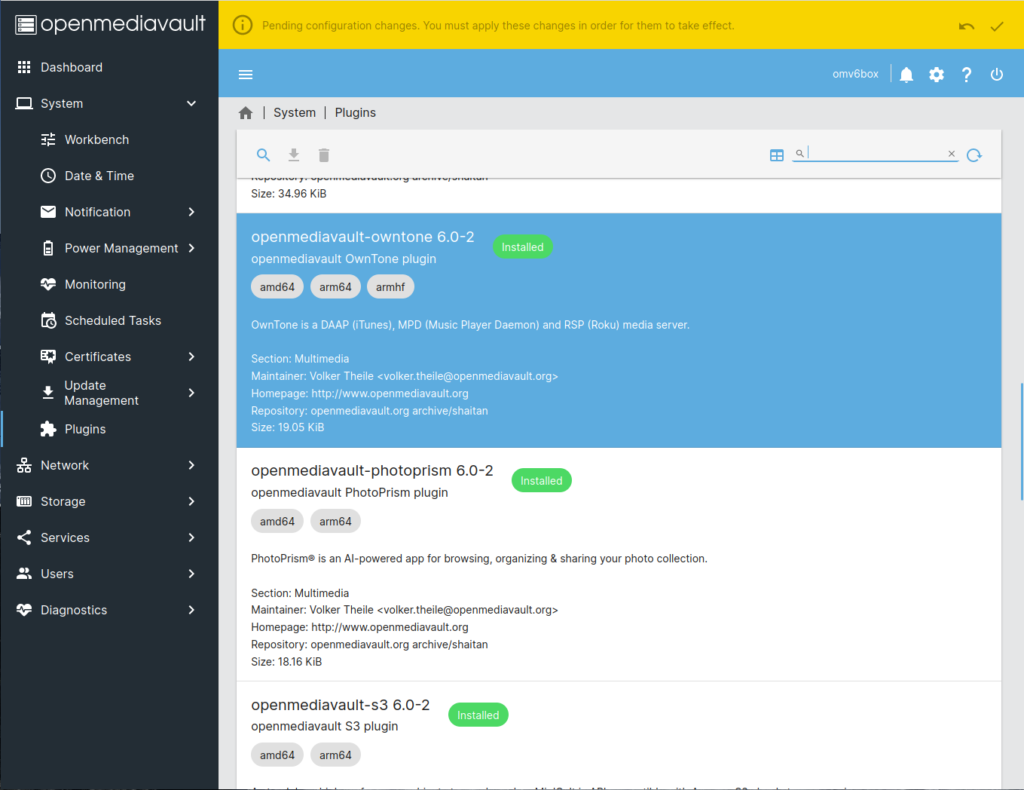Today i can announce the availability of the Microsoft OneDrive plugin for AMD64 based systems. Please file a report in the bugtracker when you have found a bug.
To authenticate the application in Microsoft OneDrive, please run omv-onedrive-auth in the CLI after you have enabled and applied the configuration changes in the UI.
